Colorectal Cancer
We understand your concerns following a colorectal cancer diagnosis. We are here to help. With our advanced treatments, people with early-stage colorectal cancer can often make a full recovery. Our commitment to research offers hope to people with all stages of colorectal cancer.
BJC HealthCare works with Washington University physicians, BJC Medical Group, and providers across the region to deliver extraordinary care. Siteman Cancer Center and the Missouri Baptist Cancer Center are two programs accessible through BJC HealthCare. We use the latest, most advanced therapies to provide effective colorectal cancer treatment. This means better outcomes for all patients.
When you to come to us for colorectal cancer care, you can expect:
A reputation for excellence: Siteman Cancer Center provides access to superior care close to home. Siteman is consistently ranked as one of the top 10 cancer centers in the nation by U.S. News & World Report.
Pioneering treatments: We have innovative treatment options for every stage of colorectal cancer. We perform minimally invasive surgeries that reduce the risk of long-term side effects. And we are on the forefront of new immunotherapy medications that provide hope for people with cancer that has spread to other parts of the body.
Genetic testing and counseling: Genetic conditions that run in families are responsible for about 6% of colorectal cancers. We provide testing and counseling for you and your family to help assess risk and guide your treatment.
Research and clinical trials: Our doctors participate in cutting-edge clinical trials that help us improve treatment options. If you qualify, participating in a clinical trial allows you to receive promising new therapies not yet available elsewhere.
Comprehensive, supportive care: Our compassionate colorectal cancer care team includes support for you and your family. We’re here to help you navigate every step of your treatment. Along the way, our cancer support services team provides nutritional counseling, emotional support, palliative care and more.
Third grade teacher Barb Wilfong learned the importance of screening when a routine test found early-stage colorectal cancer.
Colorectal cancer develops when cancerous cells begin to grow and multiply in either your colon or your rectum. Together, the colon and the rectum make up the large intestine. They form the last part of the digestive tract and help move waste out of your body.
When cells (cancerous or not) grow out of control in your colon or rectum, they form small lumps called polyps. If they’re not removed early (such as during a routine colonoscopy), some polyps can become cancerous. Left untreated, cancer cells can spread from your colon and rectum into other parts of your body.
The American Cancer Society estimates that around 150,000 people in the U.S. are diagnosed with colorectal cancer each year. And while colorectal cancer is still a leading cause of death, survival rates for the disease are on the rise. Early detection and better treatments are helping more people survive colorectal cancer.
There are several different types of screening tests we can use to detect colorectal cancer. These include:
Treatment for colorectal cancer varies depending on the location of the tumor and whether or not it has spread to other parts of your body.
Colorectal cancer treatment may include:
 Alton Memorial Hospital
Alton Memorial Hospital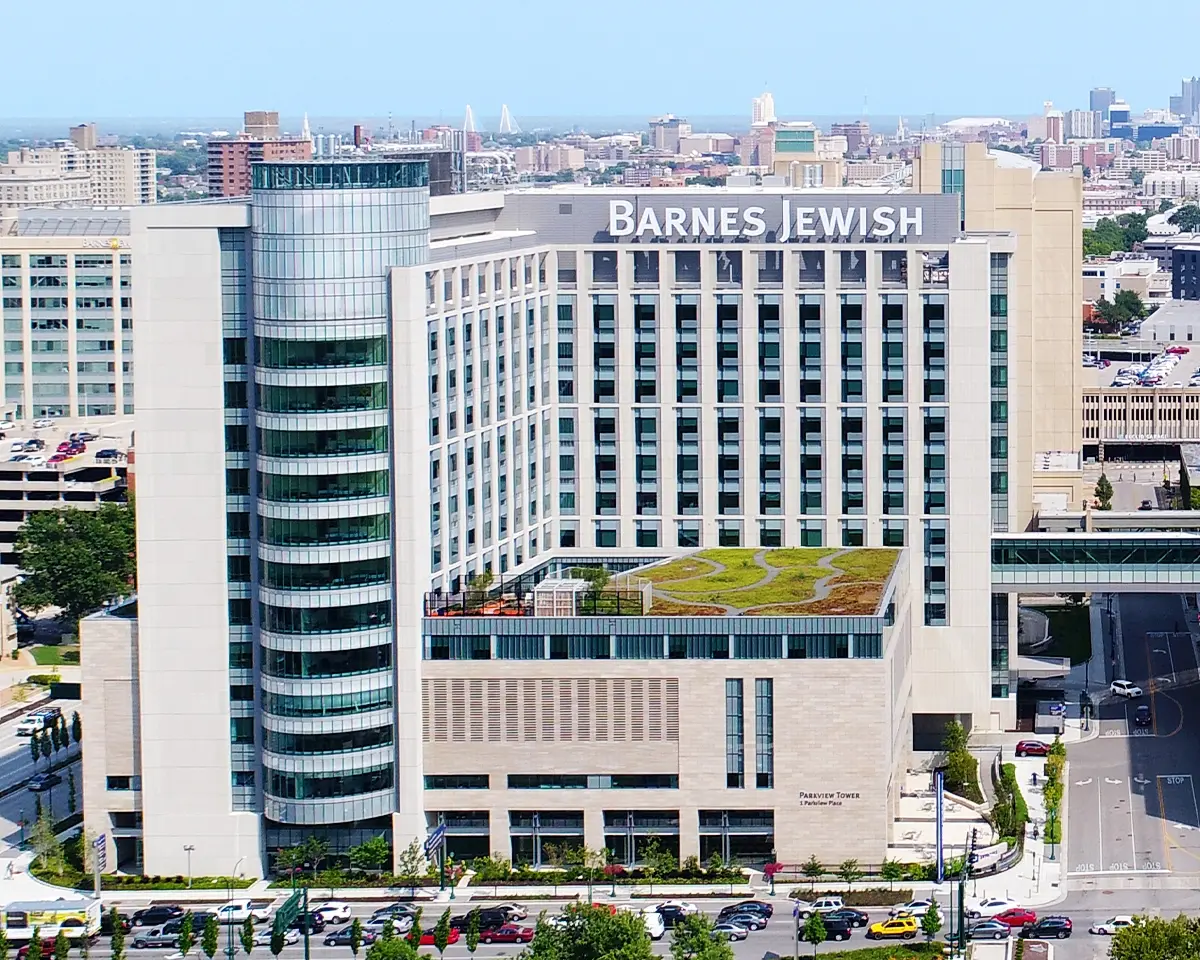 Barnes-Jewish Hospital
Barnes-Jewish Hospital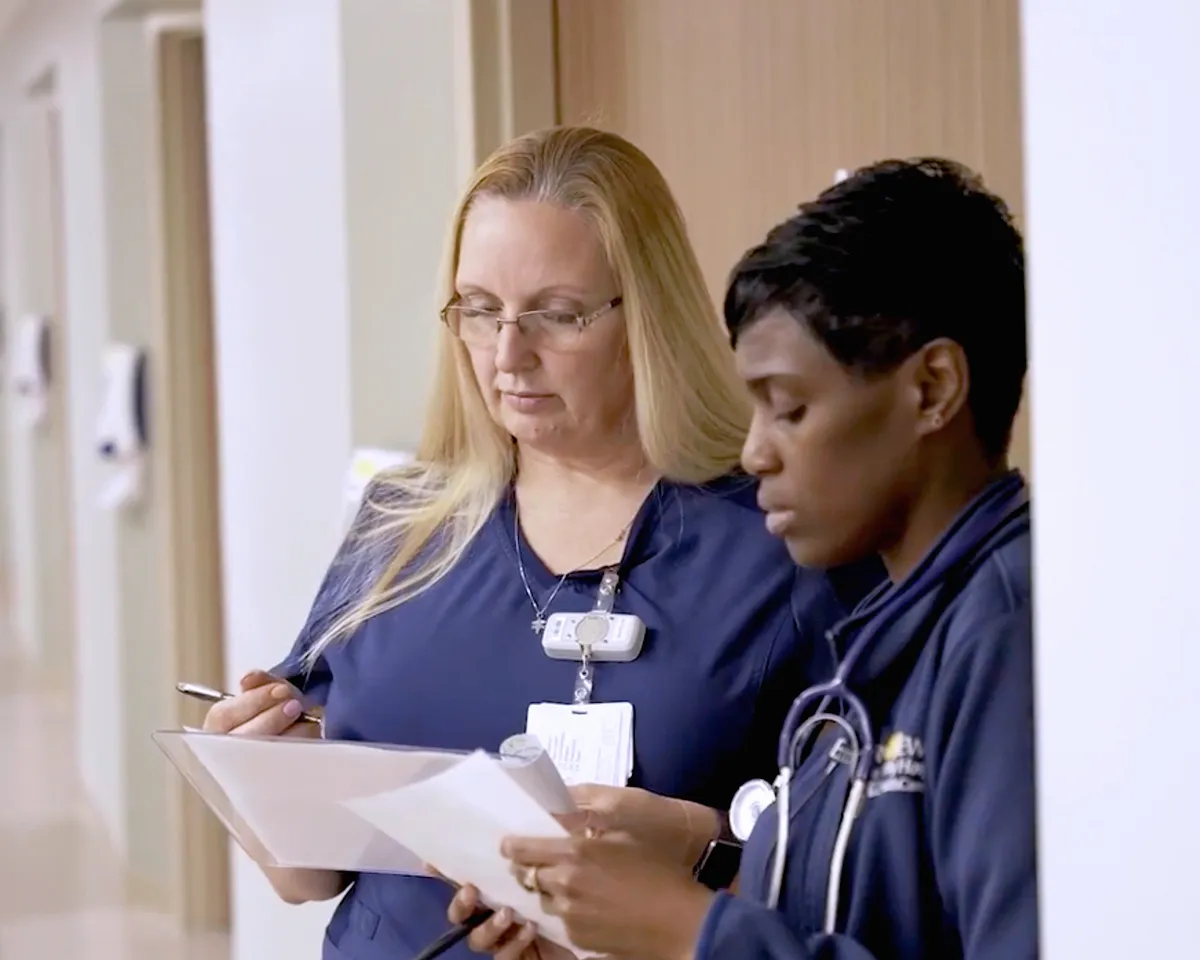 Barnes-Jewish St. Peters Hospital
Barnes-Jewish St. Peters Hospital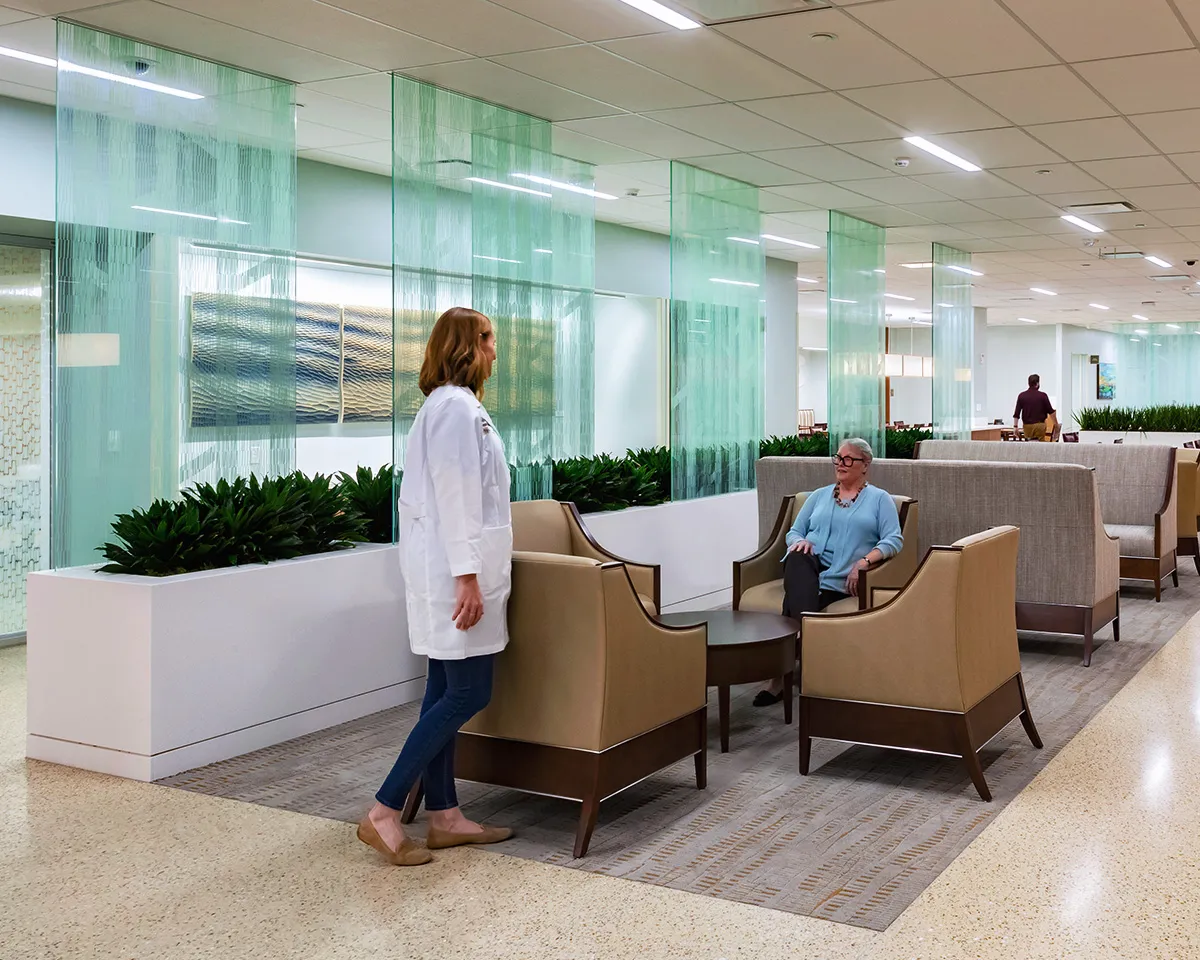 Barnes-Jewish West County Hospital
Barnes-Jewish West County Hospital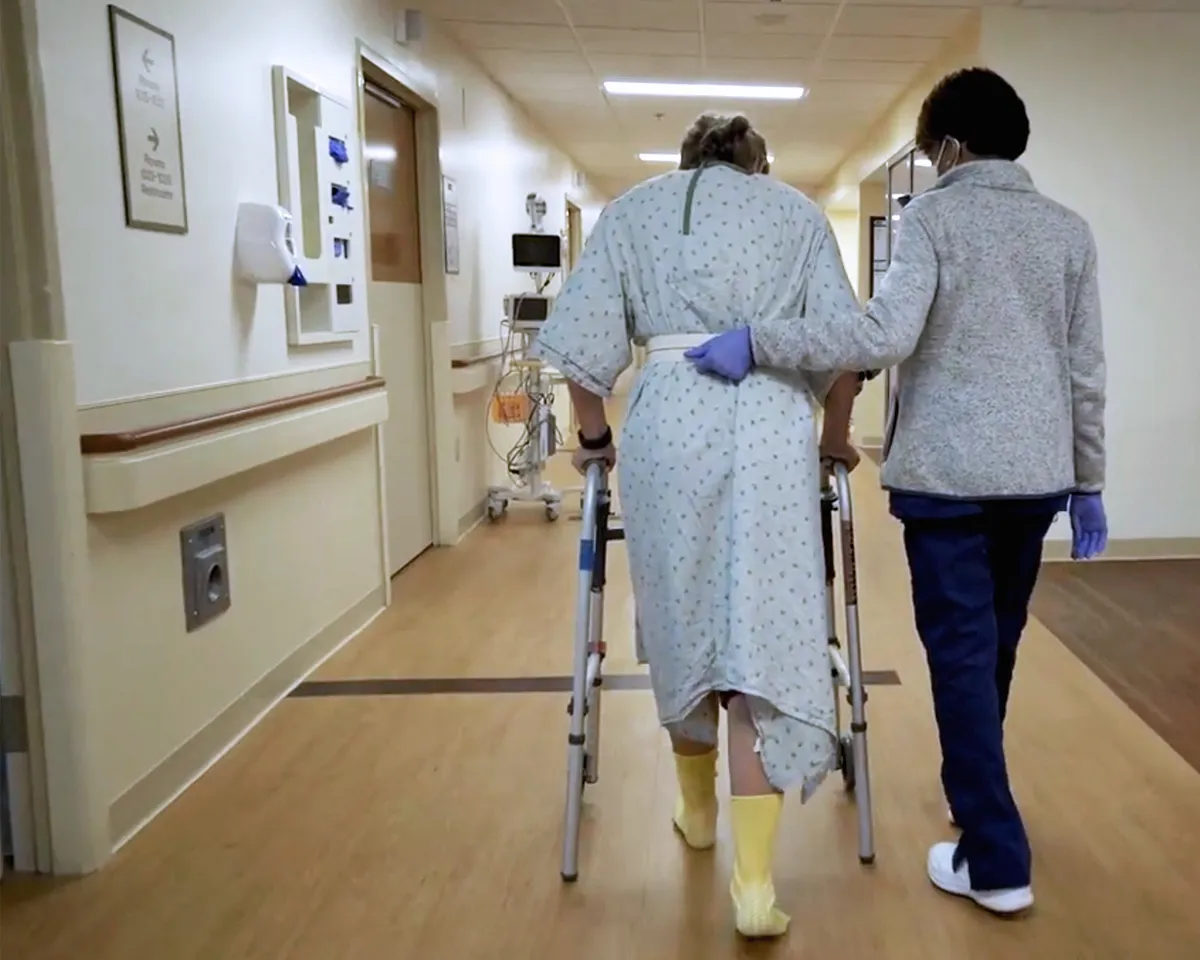 Christian Hospital
Christian Hospital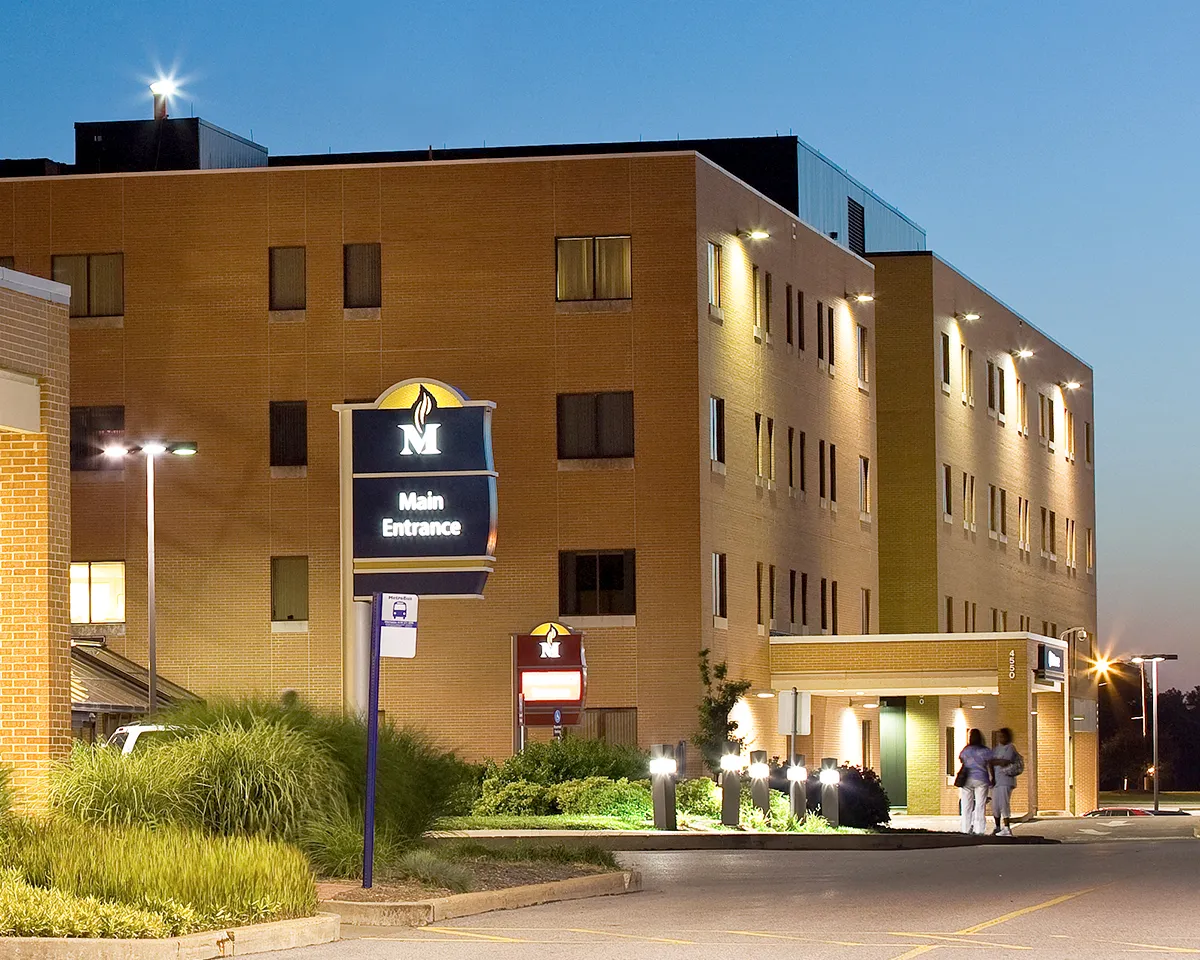 Memorial Hospital Belleville
Memorial Hospital Belleville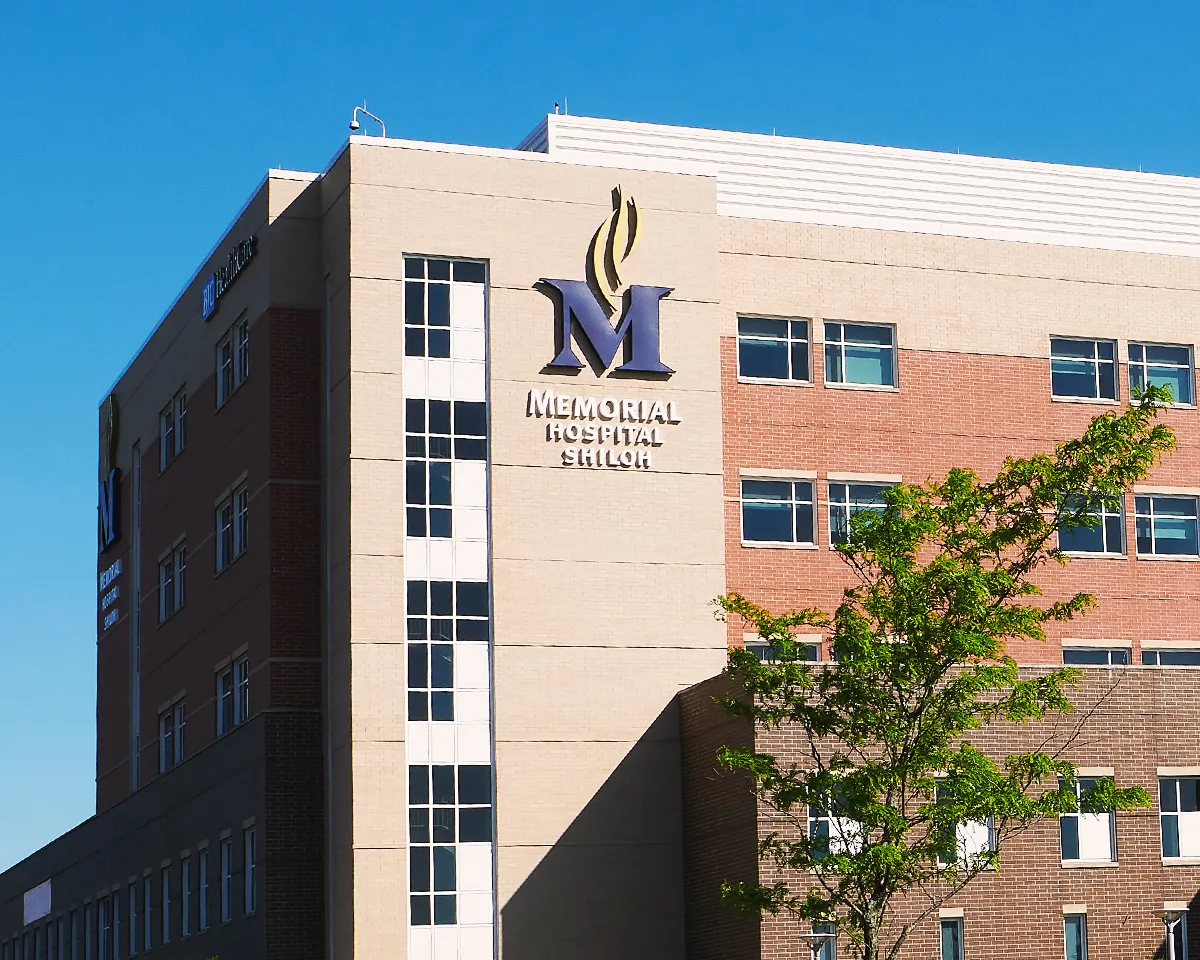 Memorial Hospital Shiloh
Memorial Hospital Shiloh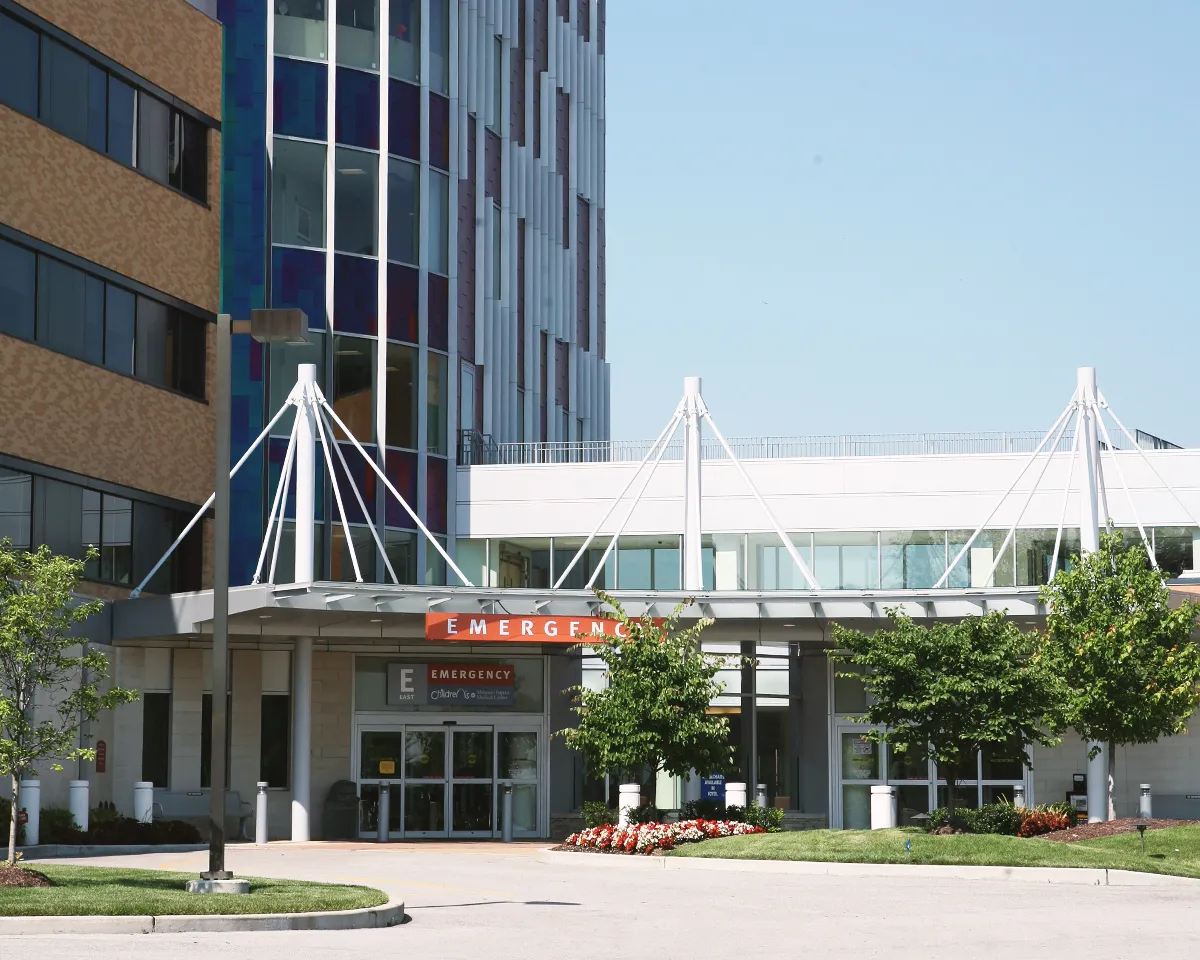 Missouri Baptist Medical Center
Missouri Baptist Medical Center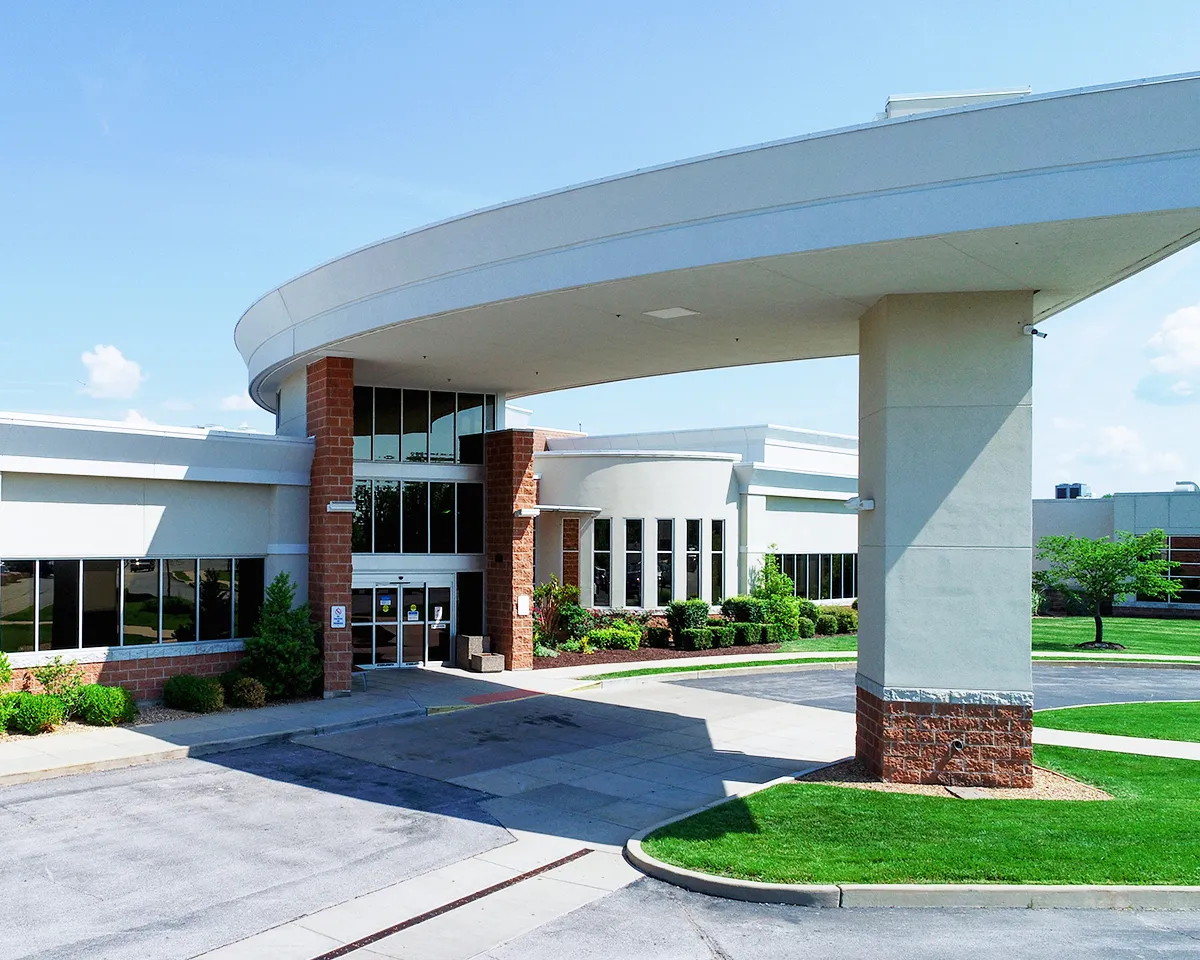 Missouri Baptist Sullivan Hospital
Missouri Baptist Sullivan Hospital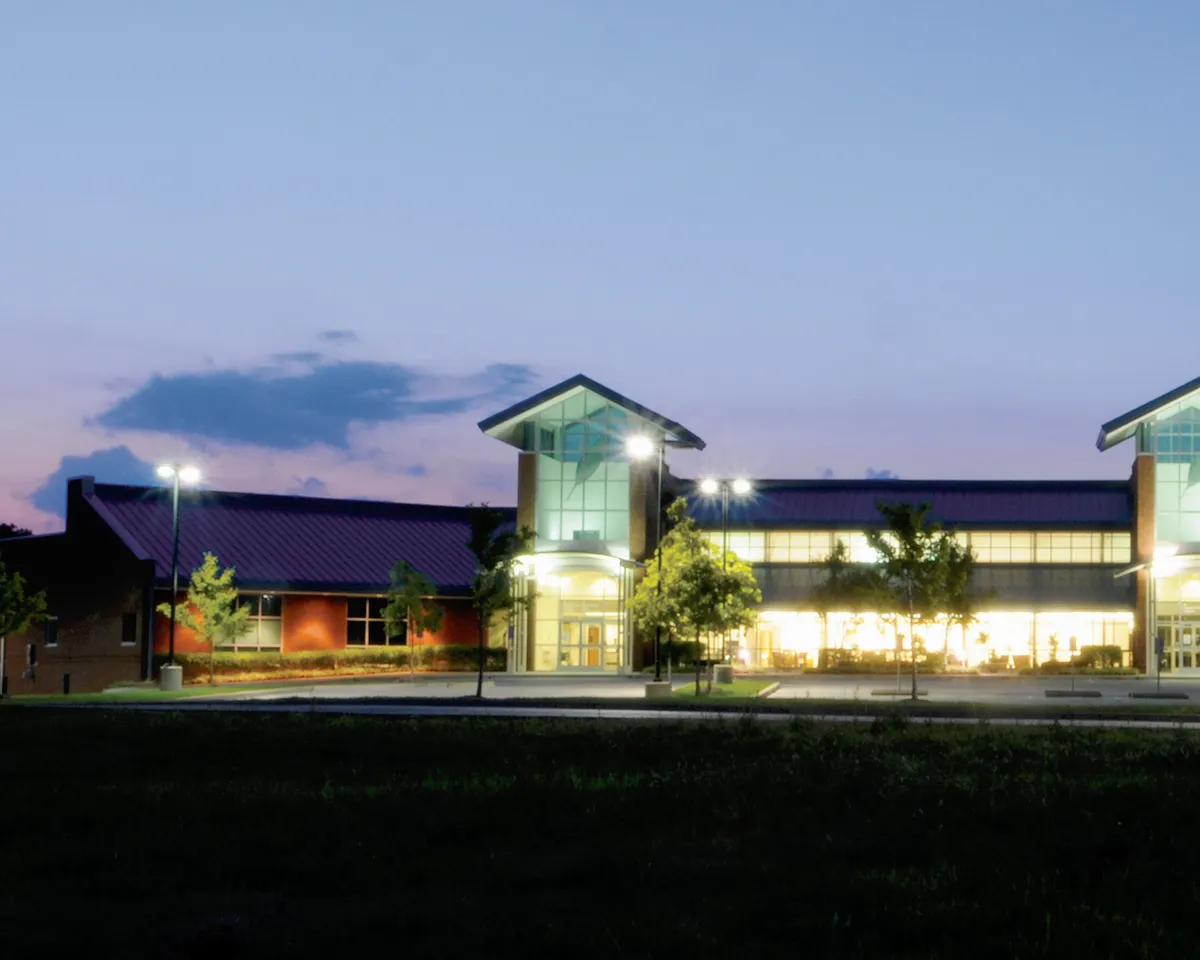 Northwest HealthCare
Northwest HealthCare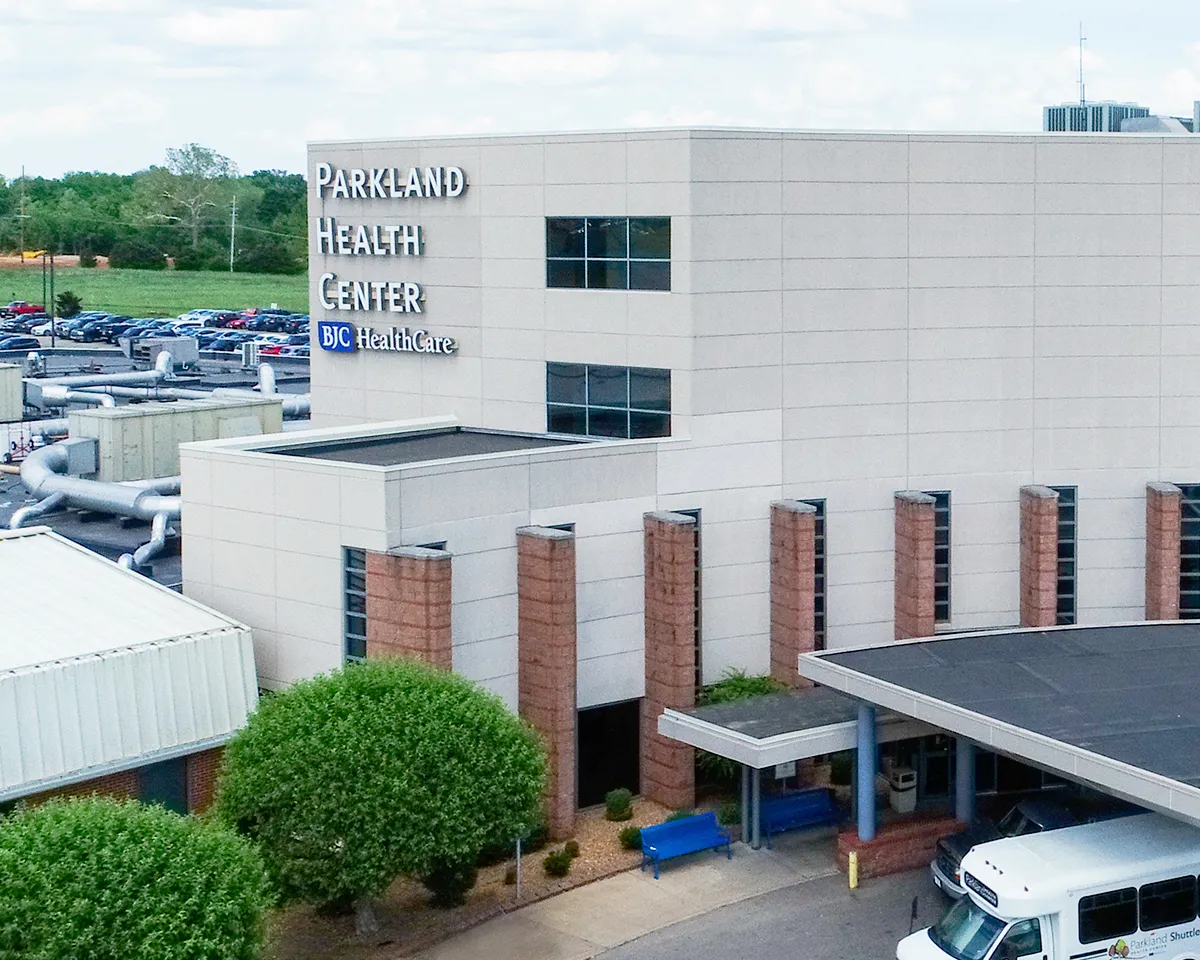 Parkland Health Center
Parkland Health Center
Schedule your appointment
Call (314) 362-9355 or (800) 392-0936 to schedule your appointment with a specialist.